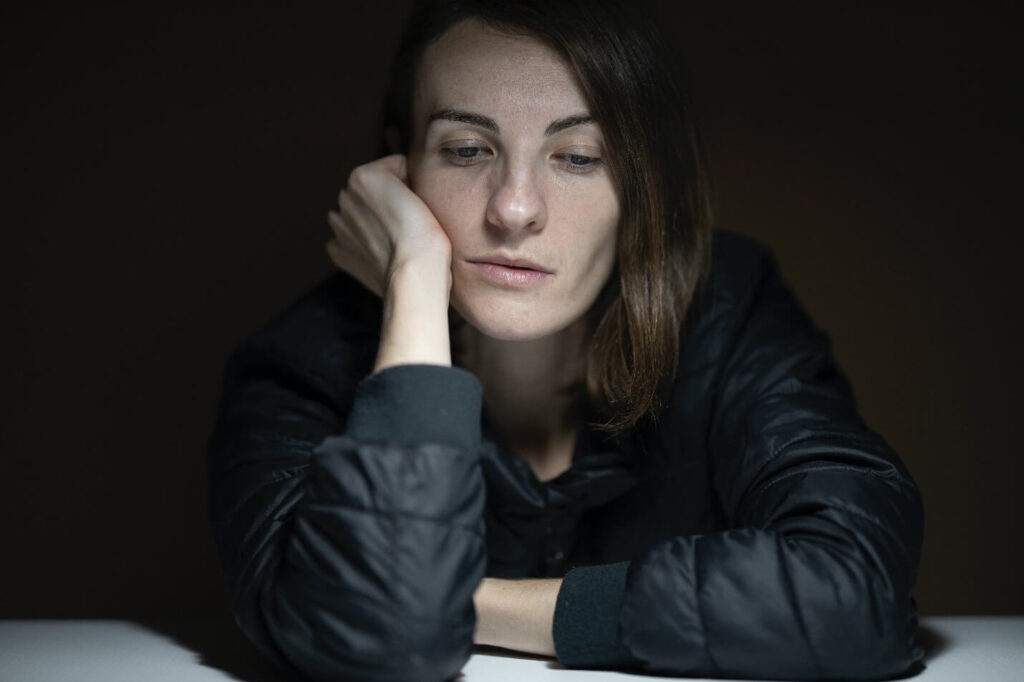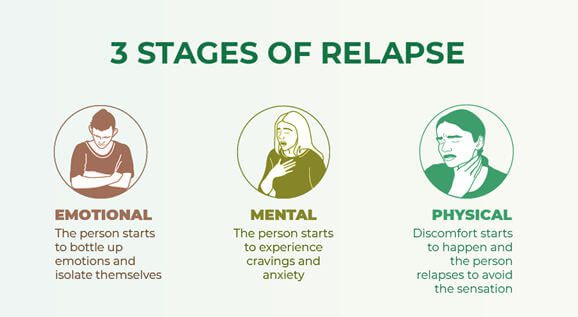Why Do Addicts Relapse?
If you want to get rid of addiction, you must understand why some people relapse. Relapse is a risk that always exists. This is one reason why changing one's ways is a critical step in rehab. You have to change your habits in order to avoid relapse.
Triggers
In recovery, substance abusers can find it difficult to resist relapse triggers. Relapsing after treatment can have negative consequences, such as an increased risk of overdose. There are ways to avoid relapse, including addressing external triggers. Gatehouse Treatment helps clients by providing relapse prevention services and information on addictive triggers.
Triggers can be anything from memories and emotions to physical illness or stress or lack of sleep. While some triggers are more obvious than others, understanding and responding to them will help you avoid relapse. Relapse triggers are common, and you must learn to manage them in a healthy way.
Triggers are external or internal factors that make an addict want to use drugs or drink again. They can occur when an addict has repeated experiences with their addiction.
/what-is-relapse-22106_final1-95caf6838312493fa95aecfc15aefbe4.png)
Relationships
One of the most common reasons why people relapse is a relationship. This could be a romantic relationship or it could be a relationship with friends or family. Whatever the case, it is important to evaluate each relationship for its potential to be harmful to your recovery.
One common reason why people relapse is the presence of toxic people in their life. Some of these people are themselves struggling with addiction and they might need to be cut out of their lives. Relationships with such people can be dangerous, and they can tempt addicts to use substances they cannot control.
It is also important to identify triggers. These could include the people who were involved in addictive behaviors or locations. They could also include family members, who could make the addict feel vulnerable and trigger his or her relapse. The key is to develop effective responses to these triggers.
Cravings
Addicts relapse because of cravings. This craving is often caused by boredom and provides a distraction that makes it more difficult to resist the urge to use drugs. Developing a hobby can provide an alternative way to fill boredom and avoid drug use. Some examples of hobbies include sports, arts and crafts, dancing, hiking, fishing, and video games. You can also use mindfulness techniques like surfing the urge to deal with cravings.
First, learn to identify the triggers of your cravings. This may take some experimentation, as some triggers are stronger than others. Once you know what triggers your cravings, you can develop strategies to avoid them. The simplest way to prevent cravings is to avoid the substances that trigger your addiction. Try engaging in things you enjoy, like hobbies and activities that make you feel happy, but also leave some time to get enough sleep.
Withdrawal symptoms
The withdrawal symptoms experienced by recovering addicts are particularly harmful. They increase the risk of depression, seizures, fever, and hallucinations. They can also lead to coma or even death if medical intervention is not sought. Withdrawal symptoms can last for several weeks.
Relapse is often triggered by environmental and social cues. The absence of a social support system can make it difficult to cope with cravings. In early recovery, an addict may have little to do in their free time, so they are often isolated. They may find themselves alone and lonely, and use this time to use substances.
For many recovering addicts, withdrawal symptoms are the biggest reason they relapse. The severity of the symptoms varies by substance and individual. Withdrawal can last from a few days to several weeks, depending on the substance used. Acute withdrawal usually does not involve cravings, but post-acute withdrawal can lead to anxiety and depression. If these symptoms are not dealt with properly, recovering addicts are at a high risk of relapse.

Treatment options
Treatment options for addicts who relapse include individual therapy, group therapy, and 12-step programs. Twelve-step programs are nonjudgmental settings for individuals to talk about addiction, relapse, and recovery. They also often offer psychosocial support and community among families and friends of those who suffer from addiction. Whether the addict is an adult or a young child, the process of recovery can be difficult, but there are many effective options.
Cognitive behavioral therapy helps the recovering addict identify and deal with problematic thoughts and feelings. It also helps treat co-occurring disorders like depression or anxiety. Dialectical behavioral therapy treats serious mental illnesses along with substance use disorders, aims to improve self-esteem and remove triggers. Experiential therapy incorporates non-traditional treatment methods, such as outdoor recreational activities.

